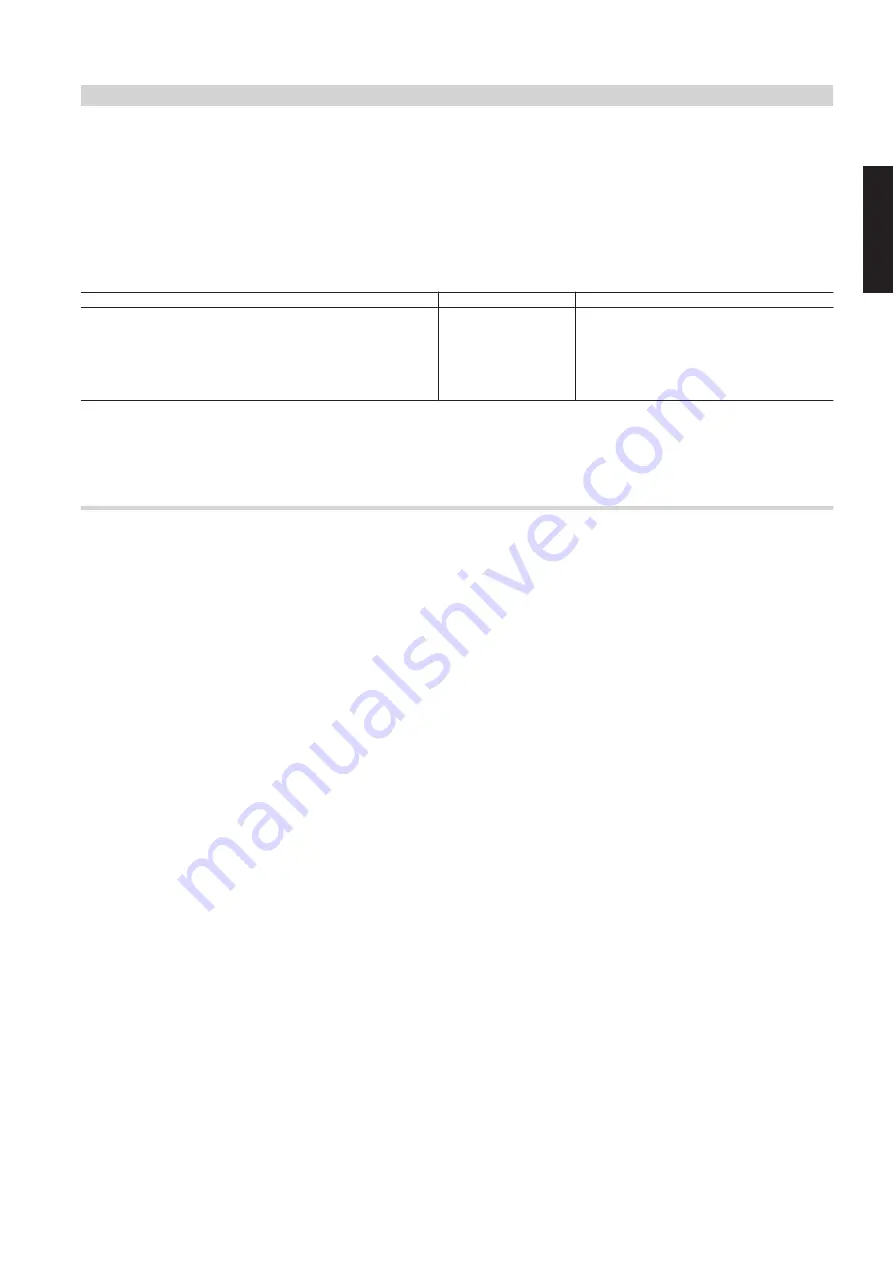
1.4 Minimum wood fuel requirements
Content
When buying wood for combustion, it is important to ensure that foreign
matter (e.g. stones, metal parts, brick fragments, plastics, etc.) is avoi-
ded. This would change the composition of the fuel and therefore the
critical parameters of the combustion process. All wood-based fuel
must be free from foreign bodies such as metal particles, stones,
masonry remnants or plastics.
The values must not exceed or fall below the following limits (per kg of
dry fuel) for the non-combustible content (ash at an analysis temper-
ature of 815 °C):
Limit
Comparison with natural wood from forests
Chlorine Cl
mg/kg
Max. 300
10
Sulphur S
mg/kg
Max. 1000
120
Total Cl, S
mg/kg
Max. 1000
130
Ash content total
g/kg
Max. 15.0
5.0
Alkali oxides in the ash (K
2
O and Na
2
O)
g/kg
Max. 1.0
0.35
SB start of ash sintering
°C
min. 1000
approx. 1200
Exceeding the above limits will shorten the service life of the combus-
tion chamber and the solid fuel boiler. This also means that the amount
of maintenance work increases and shorter service intervals.
The proportion of dust-like and fine-grained materials should also be
minimised (in accordance with ÖNORM M 7133).
Max. percentage of finest woodchips, dust (wood particles < 1.0 mm
as per ÖNORM M 7133):
10.0 %
of total mass
Non-wood biomass fuels
Non-wood fuels made from biomass such as needles, leaves, cereals,
straw, husks, fruit stones, etc. as a fuel are generally unsuitable for a
fault-free operation, and are therefore not permissible.
In some cases, the fuel properties (elemental composition, ash sinter-
ing point, etc.) differ considerably from those of wood. Combustion in
a solid fuel boiler can lead to impairment of the combustion charac-
teristics and greater stress on the fireclay lining and heat exchanger
surfaces. Warranty claims can therefore only be asserted when using
approved fuels.
Principles of wood combustion
(cont.)
VITOLIGNO 300-H
VIESMANN
9
5672 507 GB
1










































